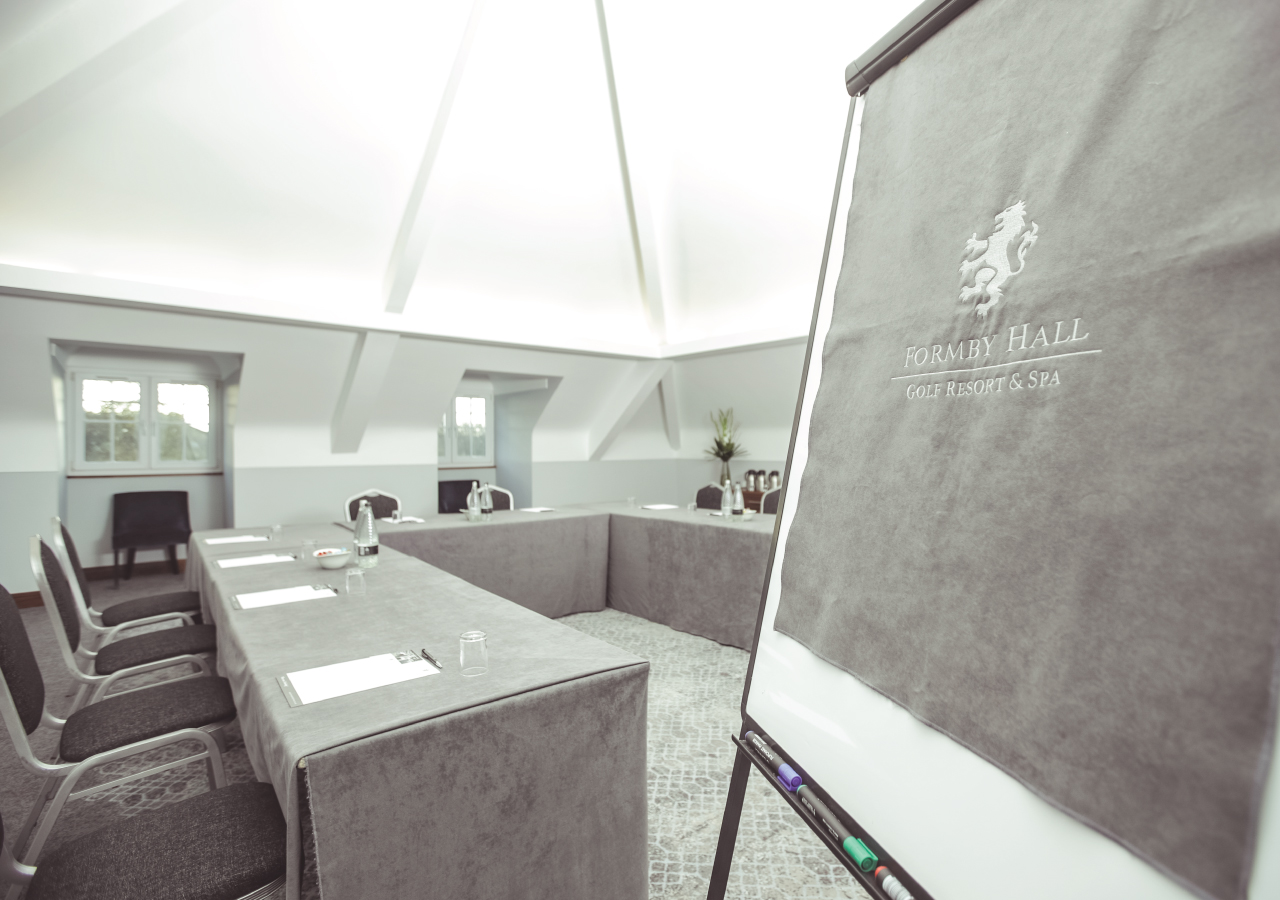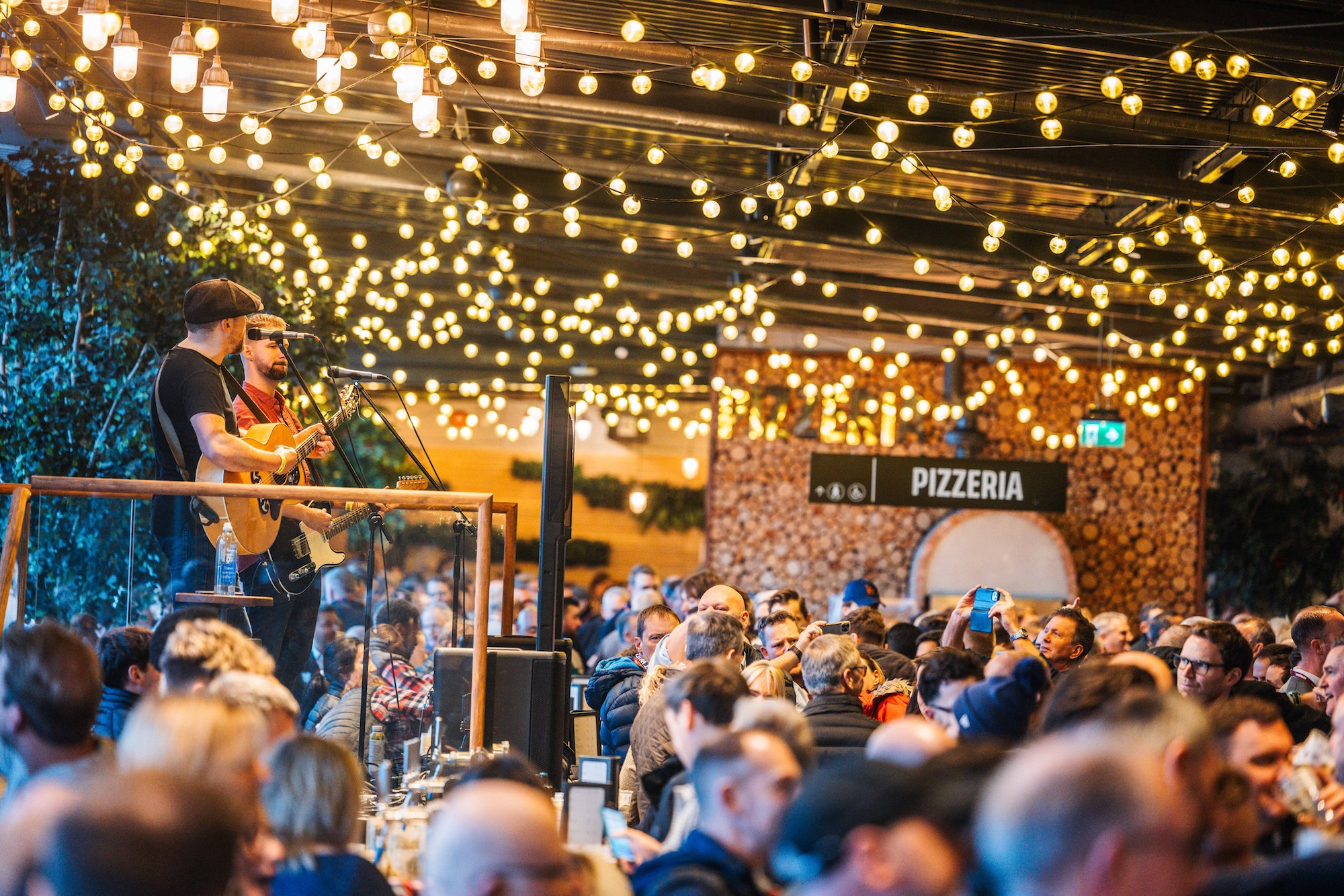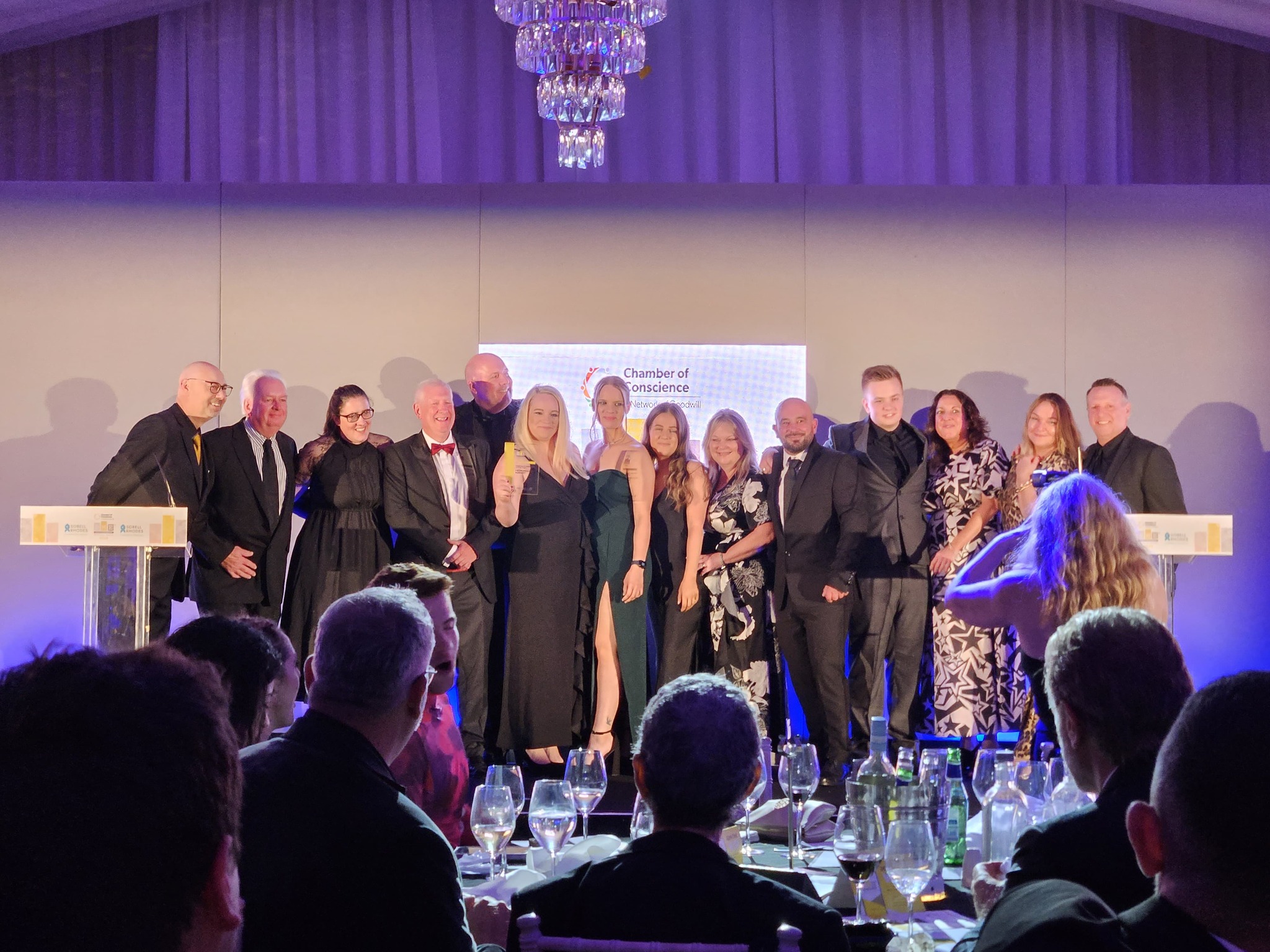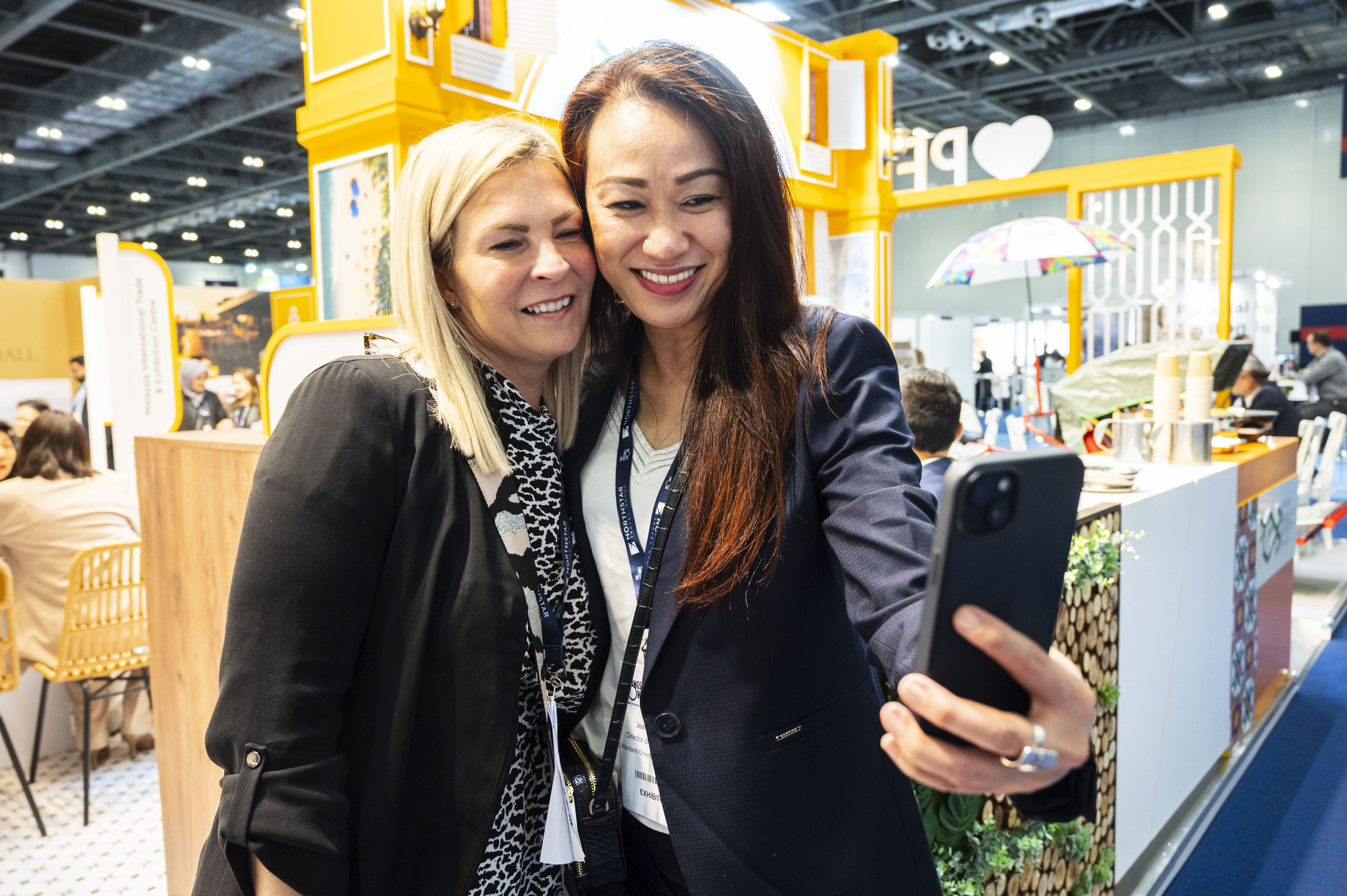Do you organise weddings? Are you a conference organiser? Do you organise special events? Or, are you quite simply an events organiser? In one sector of the events industry a debate is going on about what exactly we should call ourselves and our events.
The days of the exhibition as we know it are numbered. However, before people involved in the industry start trying to find a job in another sector, it’s worth pointing out that it is very much the name, rather than the concept, that is currently going through a transformation.
The reason for this is that an increasing number of organisers are now referring to their products as ‘events’ rather than the traditional title that has been used, apparently successfully, for so long. The change in approach is international with no less an organ than America’s Tradeshow Week declaring, last November, that ‘the concept has gone the way of the eight-track tape’.
At first sight it would seem an odd shift, surely ‘exhibition’ describes perfectly what goes on inside a hall during the course of a show? Is it not a precise point of reference that the obscure, describe-all ‘event’ can never hope to emulate?
After all, the word ‘event’ takes in all kinds of different happenings. Christenings, international trade shows, football matches, nights at the theatre, dinner parties and quiz nights in the local pub are all events but do they not retain their identity through the use of their own, more precise, name? How many football fans have ever said “I’m going to the event on Saturday afternoon”?
It seems that as long as the connotations of the individual word remain positive then it is alright to continue using it. With a christening, for example, one inevitably thinks of a gathering of people who come together to celebrate a new life. With football, there is the excitement of the match and the possibility of seeing your team do well. In the case of exhibitions, latest thinking suggests that the connotations are wrong and unhelpful.
It is something that Andrew Evans now refers to as ‘the dreaded ‘e’ word’. Evans is managing director of Fresh RM, the UK organiser that counts among its portfolio, highly successful products such as Hotelympia, the international food exhibition IFE and the Speciality and Fine Food shows. Evans is convinced about the need for change.
“I’ve just come from a meeting with someone who is responsible for selling corporate sponsorship across our portfolio of events and we quickly agreed that the best way of decreasing the likelihood of our doing serious business was the use of the word ‘exhibition’,” he says. “The people who we want to engage have an enforced opinion of what this means and it is usually something based on the idea of what exhibitions were yesterday, what they looked like and what went on in them.”
Evans talks about the rows of shell scheme booths to which exhibitors had brought examples of their wares and stood waiting for visitors to walk along the aisles. In turn, the visitor was also confronted with these seemingly faceless rows and the drudgery of walking up and down them all day. It is an image that, he feels, too many people still have when they hear the word ‘exhibition’.
Taking things further, Evans suggests that there are more stock words, and therefore negative images, that could be changed. “Swap a few more words around, for example, replace ‘exhibitors’ with ‘participants’ and you start to get a completely different notion of what happens,” he says.
To show he practices what he preaches, Evans describes a new event that the firm is to launch next year.
“It is going to have many different layers of activity which will transform it from an exhibition platform into an event,” he says. “We’re not constructing the show around rows of shell scheme, we’re spending a lot of money on building something really quite extravagant so that the whole thing becomes an event or an experience rather than an exhibition, in the eyes of the visitors.”
Dialogue is key, he thinks.
“It begins with asking exhibitor and visitor what they would like to experience in this place in which we have brought them together, I like to think we are creating a democratic representation of a market sector.”
This philosophy doesn’t only seem to apply to what goes on in the show, it also questions the very nature of where the whole thing takes place. If, for example, you are running a show for metallurgists, would it not make sense to hold the event somewhere totally relevant like Sheffield (For further details, see "Sheffield venues":http://www.venues.org.uk/searches/sheffield_yorkshire_venues.asp), rather than a large hall in any other given city?
Evans agrees and goes back to the point of consulting the various stakeholders on what they are expecting to get out of the event.
“It’s a combination of commercial relevance and enjoyment of the experience of going to the event, be it networking, education, business or the pure enjoyment of having a couple of glasses of champagne with colleagues or new business friends,” he says adding that enjoyment is a crucial factor. “Why should people not enjoy the experience of going to their industry’s event?”
If the term ‘exhibition’ suggests an experience that is certainly not enjoyable then it would seem logical to start looking for new ways of firstly, describing and, secondly, marketing, the medium.
“I think that in a few years’ time we will look back with a certain amount of embarrassment at how we used to market our events using vocabulary which created all sorts of negative images in the minds of the people we were trying to engage with,” says Simon Burton. He is the managing director of Exposure Event Creations, a company that runs The Exhibiting Show and London Venue Expo, two events that were launched with the needs of their communities very much the driving force.
“On the most basic linguistic level the term ‘exhibition’ suggests a museum, a place you visit to see various items on show and which you mustn’t touch, this can’t be a helpful way of describing what we do,” he says. “The modern organiser has to ask themselves how they can maximise the possibilities of the various stakeholders coming together for a mutually beneficial experience.”
Burton thinks that a healthy number of organisers are already doing this.
“Successful exhibitions now comprise a number of different aspects,” he says. “There is obviously the traditional mixing of people who want to do business with each other. Then there is the need for education and information and this is provided by a comprehensive and totally relevant seminar and conference programme. Often forgotten is the very human need to interact and simply communicate. This is achieved in drinks receptions, parties any number of social gathering in which the industry can come together and exchange opinions and get to know itself better, it’s about creating a community.”
He concludes that with exhibitions consisting of so many different attractions and features they are naturally becoming multi faceted events.
“It then becomes totally logical to stop calling them exhibitions because the exhibition component is only one part of the whole,” he says.
Burton does, however, advise a certain amount of caution.
“I think we are only beginning to understand the complexity of the landscape live events cover. It may well be that we organise events but there is clear daylight between running a successful user group or football club or international trade show,” he says. “However, if the term ‘exhibition’ does have a negative connotation then this is clearly something that needs to be addressed.”
Whether the industry decides to stop organising exhibitions and start running events or simply continue with what it has always done remains to be seen. What is certain is that these happenings need to be drastically changed in order to continue being the excellent marketing tool that they are.
With many organisers already looking seriously at how they can better their products it is a change that is steadily beginning to positively affect their stakeholders, customers and participants.






